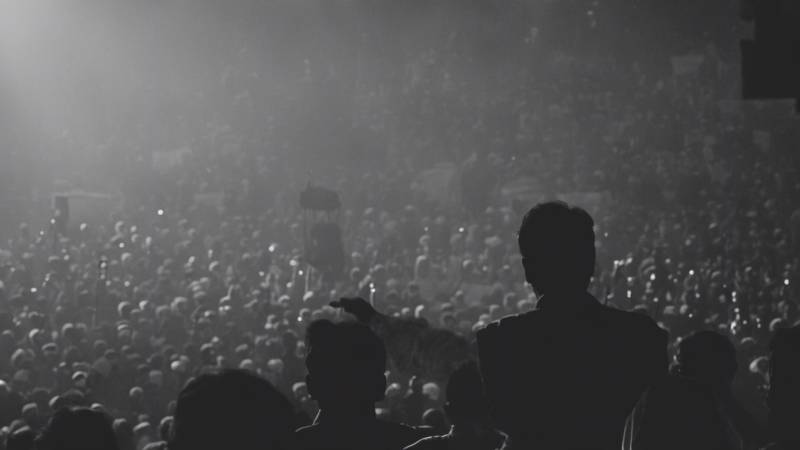
American writer, academic and strategist Charles Hill wrote in his book 'Grand Strategies: Literature, Statecraft. And World Order':
"The final contest pits two historical forces. Turuus represents the heroic code of Achilles: life is brief and death inevitable, so extend your fame beyond death by feats of valour. Aeneas represents a new code: the fight is not for yourself but for a civic code, for posterity and victory is to be followed by magnanimity, generosity and peaceful reconciliation with your enemy."
In our region, we see the rise of many picaresque figures who seem prodigious politically and are filled with hubris. But their presence either proves to be divisive or takes the country or the people away from their true goals of economic well-being and progress. Here, we will try to figure out why popular leaders, mostly in third-world countries, have proven to be nothing more than as illustrated above. Whether our idea of leadership, as seen in lower-income countries, needs to be revised or the task a leader wants to achieve is insufficient to bring the required change. Perhaps our problems are too innumerable and impossible for any single person to solve.
Do we need collective efforts or reforms in our society and lives to bring the change we expect from someone else? In my view, the rise of collective wisdom, morality, and strong leadership can bring the necessary change in our social and economic spheres. We expect more from our leaders and ignore the necessary steps that the majority of the population must take to steer the country on the road to prosperity.
Many a time, we see leaders and movements lose the direction of the problem they set out to fix. If we try to trace the reasons for this, the major reason we will come across would be the behaviour of the masses. People exert a lot of pressure on political organisations because they do not sustain practical realities, which, in most cases, are a breach of superior or higher ideals or principles. In Pakistan, we see many movements and political parties which, though widely popular, have failed to achieve their goals of delivering a prosperous Pakistan.
Western progress is not the result of any single leader or personality bringing overnight change but the result of collective thought that moved masses over decades, even centuries, to bring changes in the political, social and economic landscape of their respective countries
One of the reasons for this is the unbridled control, popularity and reliance on individual leaders or personalities. This is also where the fault lies. We have failed to establish strong institutions, either in the form of political parties or other institutions. The major reason for that is the lack of the required behaviour or approach to run a system based on universal and true values. While we know establishing the concept of collective responsibility will take time, but once it has been established, it will give impetus for bringing the required changes.
Leaders, however, can only share their vision and show the direction and the path that needs to be taken. But it takes the support of the masses to make it happen. By support, one implies a true, collective effort and change in behaviours of the general public and mass adoption of higher values. Western progress is not the result of any single leader or personality bringing overnight change but the result of collective thought that moved masses over decades, even centuries, to bring changes in the political, social and economic landscape of their respective countries. This collective rise in the moral fabric of our society will bring real, sustainable justice and a supporting economic system.
In this scenario, a major task for any leader is to bring together all like-minded people onto a single platform. That is where the strength or weakness of any leader lies. If the quality and resolve of the people and their character are strong, it will bring about a positive change in society. On the other hand, we can foresee disaster and deterioration. Scruples in the minds of the people will damage the cause of any leader or political party. Hence, people who are morally strong and resolved to bring about a positive change are necessary to effect real change in the political and economic spheres.
Reformation in individuals' character and thought processes has historically proven critical in the making of strong nations. This does not mean strong, honest leadership with good people around it is not required; it is, but their ability to change public behaviour is critical to effecting any real change. It is a reciprocal process with rights and duties attached to both leaders and the public or individuals.
Though a leader may play their part in creating good characteristics in individuals and then reforming in the country or the system, but, without bringing together these changes in acts and characteristics of individuals, it is hard to imagine any meaningful change in society.

